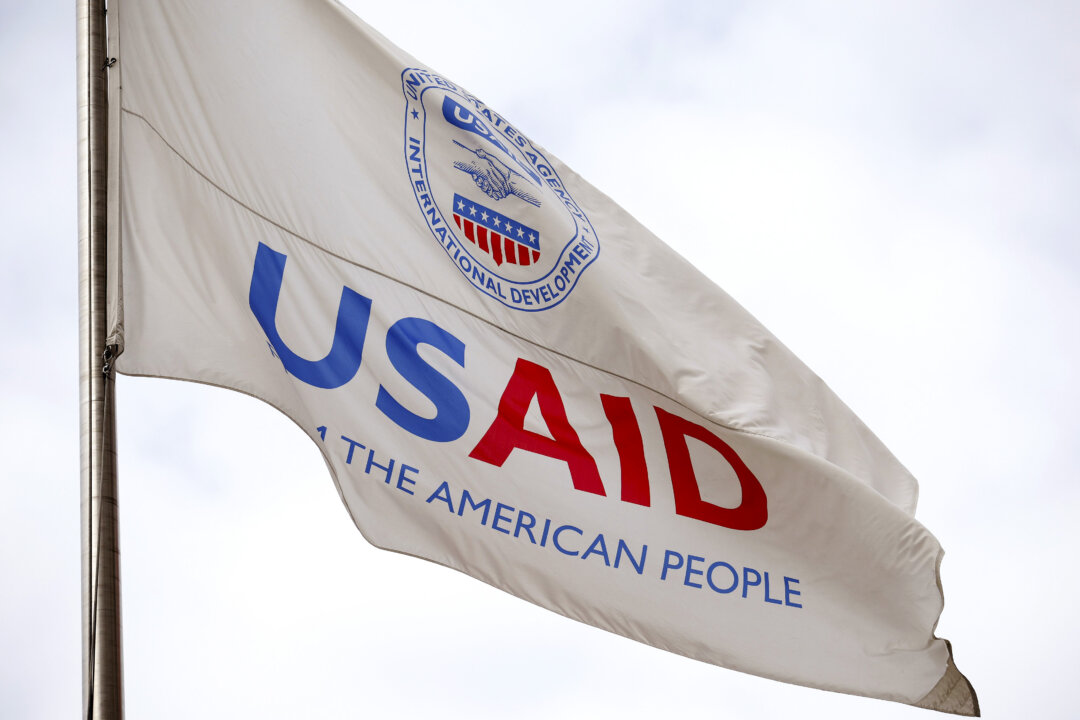
The new ruling suspended a Maryland federal judge’s order to block the Trump administration’s efforts to pare down USAID operations.
A federal appeals court on March 28 put on hold a lower court order that blocked efforts led by the Department of Government Efficiency (DOGE) to downsize the U.S. Agency for International Development (USAID).
In the new order, Judge A. Marvin Quattlebaum Jr. wrote that the Richmond, Virginia-based appeals court was granting the motion to block the lower court’s order because it is in the public interest.
The judge wrote that tech billionaire and adviser to the president Elon Musk and DOGE demonstrated they will likely prevail on the merits when the case is heard and that they would be “irreparably injured absent the stay.”
Quattlebaum also wrote that the 26 current and former employees or contractors of USAID who brought the lawsuit against Musk and DOGE will “not be injured because of the stay.”
Chuang’s injunction had contained a finding that actions by Musk and the DOGE team aimed at scaling down the operations of USAID, which provides humanitarian aid, probably violated the U.S. Constitution.
The Trump administration had argued that Article II of the Constitution, which spells out the powers of the executive branch, allows the president to downsize the agency as part of his authority to manage the nation’s foreign relations.
The actions by Musk and DOGE “harmed … the public interest, because they deprived the public’s elected representatives in Congress of their constitutional authority to decide whether, when, and how to close down an agency created by Congress.”
The judge directed Musk and DOGE to reinstate access for USAID workers and contractors to USAID systems and ordered them not to take further action regarding terminating contracts or agency workers’ employment.
On Feb. 4, in response to a reporter’s question whether he planned to “wind down” USAID, President Donald Trump said, “I think so.” The president also said that DOGE leader Elon Musk has “done a great job.”
Reuters contributed to this report.
This is a developing story and will be updated.
Original News Source Link – Epoch Times
Running For Office? Conservative Campaign Consulting – Election Day Strategies!
